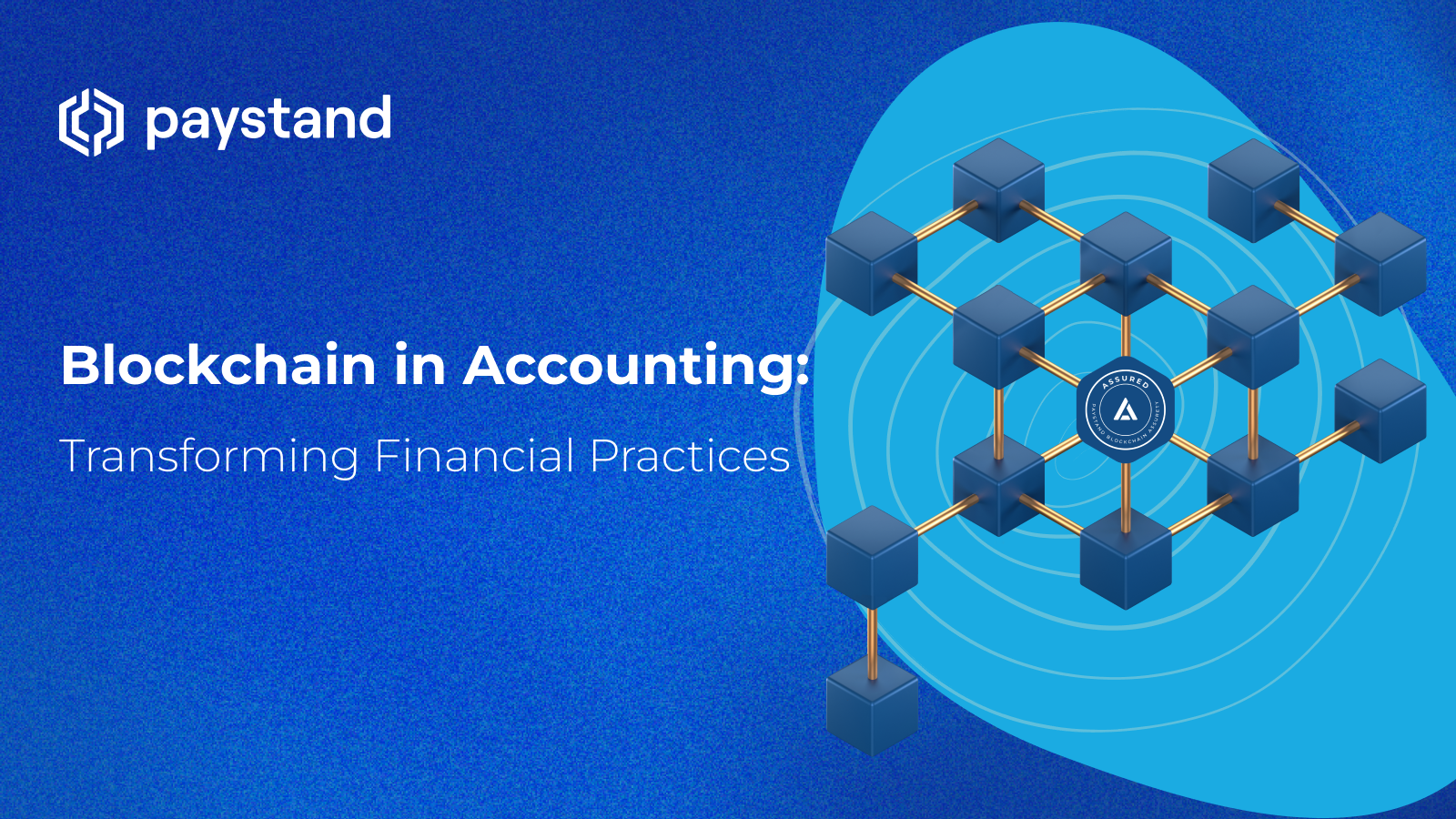Rise by Six: Your Daily Dose of Inspiration
Explore insights and stories that elevate your day.
Blockchains: The Digital Playground Where Trust Goes to Play
Explore the exciting world of blockchains where trust thrives and digital innovation flourishes. Discover the future of technology today!
How Blockchain Technology is Revolutionizing Trust in Digital Interactions
The advent of blockchain technology is fundamentally transforming how trust is established in digital interactions. By utilizing a decentralized ledger, blockchain eliminates the need for intermediaries, such as banks or brokers, thereby reducing the risk of fraud and manipulation. This technology ensures that all transactions are transparent and easily verifiable through cryptographic methods, fostering a new level of reliability in online dealings. As individuals and organizations increasingly engage in digital transactions, the demand for trustworthy systems is more critical than ever. Blockchain's inherent features, including immutability and transparency, make it a powerful solution for enhancing trust in various sectors, from finance to supply chain management.
Moreover, the integration of blockchain technology in digital interactions can pave the way for innovative applications that further elevate trust. For instance, smart contracts—self-executing contracts with the terms of the agreement directly written into code—automate and enforce compliance without the need for third-party oversight. This reduces the likelihood of disputes and ensures that all parties uphold their end of the bargain. Additionally, the use of blockchain in identity verification, such as digital IDs and secure access controls, can help mitigate identity theft and enhance user privacy. As businesses and consumers alike recognize the value of trustworthy digital interactions, the adoption of blockchain will continue to expand, shaping a more secure and efficient digital landscape.

The Role of Decentralization in Building Trust on Blockchains
Decentralization plays a crucial role in enhancing trust within blockchain networks by eliminating the need for a central authority. Unlike traditional systems where a single entity exercises control over data and transactions, blockchains distribute authority across a network of participants. This distribution ensures that no single party can manipulate the system for personal gain, fostering a sense of transparency and accountability. As information is recorded in a public ledger that is accessible to all network members, decentralization inherently promotes a collaborative atmosphere where trust is built through shared verification and consensus mechanisms.
Furthermore, decentralization enhances resilience against fraud and corruption. In a traditional centralized model, a breach can compromise the entire system; however, a decentralized framework relies on multiple nodes to verify transactions, making it significantly more secure. Each participant must agree on the validity of transactions before they are added to the blockchain, thereby creating a robust audit trail. This not only deters malicious activities but also instills confidence among users, as they can independently verify transactions without relying on a central authority. Ultimately, the strength of decentralization lies in its ability to cultivate a trustworthy ecosystem, which is essential for the success of blockchain technology.
What are Smart Contracts and How Do They Enhance Trust on Blockchain Platforms?
Smart contracts are self-executing contracts with the terms of the agreement directly written into lines of code. They run on blockchain platforms, enabling decentralized and trustless transactions. When predefined conditions are met, these contracts automatically execute the agreed-upon actions, eliminating the need for intermediaries. This automation not only streamlines processes but also reduces the risk of human error and fraud, fostering a more reliable environment for all parties involved.
The integration of smart contracts on blockchain platforms significantly enhances trust among users. Since these contracts operate on a transparent and immutable ledger, all participants can verify the legitimacy of the transactions without relying on a third party. Furthermore, the decentralized nature of blockchain technology ensures that no single entity has control over the contract, reducing the risk of manipulation. As a result, users can engage in agreements with confidence, knowing that their interests are protected by the inherent properties of blockchain.